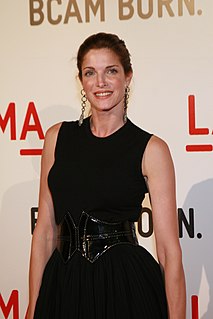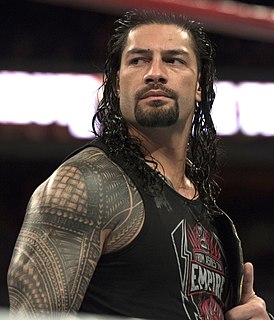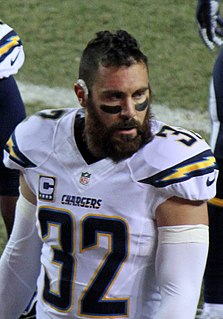A Quote by Rodney Dangerfield
We lived in a neighborhood that was too rich for us. When I was young, I had to deliver groceries to the homes of the kids I went to school with. I had to go to the back doors to make the deliveries. It was embarrassing. That was one thing out of a hundred.
Related Quotes
I'm not saying to the kids yo drop out of school, education is the most important thing first and foremost. You know, my circumstances were a little different. I needed to work to help out so I couldn't be in school. Not only that, it was getting into trouble and all that s**t. I was getting into trouble more in school than I was out of school, so I had to just go ahead and make that adjustment, so I mean realistically I always tell everybody, in my case I don't got a high school diploma, but I have two Grammys so it kinda worked out best for me.
When I think back, I felt like I had the life that a lot of white American kids grew up with in the suburbs in the States. I started noticing, as Apartheid's grip weakened, that we had more and more black kids at school; I had more and more black friends. But I never really saw a separation between myself and the black kids at school.
Kids didn't have huge backpacks when I was their age. We didn't have backpacks at all. Now it seemed all the kids had them. You saw little second-graders bent over like sherpas, dragging themselves through the school doors under the weight of their packs. Some of the kids had their packs on rollers, hauling them like luggage at the airport. I didn't understand any of this. The world was becoming digital; everything was smaller and lighter. But kids at school lugged more weight than ever.
Though [John] Hughes did provide for us, if we wanted, to go to a local high school and try to blend in. Michael [Hall] and Molly [Ringwald ] already had school to go to with their tutors. Ally [Sheedy] wanted nothing to do with high school. She said, "I remember it fine. I don't want to go back." Which is great. So Emilio [Estevez] and I went. And Emilio lasted a couple hours because people recognized him from The Outsiders that had already been out, so his cover was blown.
I feel for young people today. When I came out of law school, yes, we were broke, we had kids, we had problems. But it was straightforward. I didn't have to say, "My God, I am $80,000 in debt, I have to get a job, I have to pay it back, my life is ruined otherwise." We were able to go forward and work toward building something new, and that's what we did. Today many lawyers are unable to feel free to be advocates.
We came from a neighborhood that was kind of older, so we didn't have that many kids that would go out and play. We moved into a neighborhood that has, like, 50 kids in it. There are 12 houses where we kind of all share a big backyard, and we're all circled in there. If one kid goes out there, they all go out and play.
We grew up in a praying home [with Alex Kendrick], we saw incredible answers to prayer in our parents' lives, they grew up in praying homes, our father launched a Christian school with nothing, basically he had some people that believed in the project but they had very little resources, and we watched our parents deal with those issues first in prayer, and then when they went out knocking on doors they saw amazing doors answered and resources come in.


































